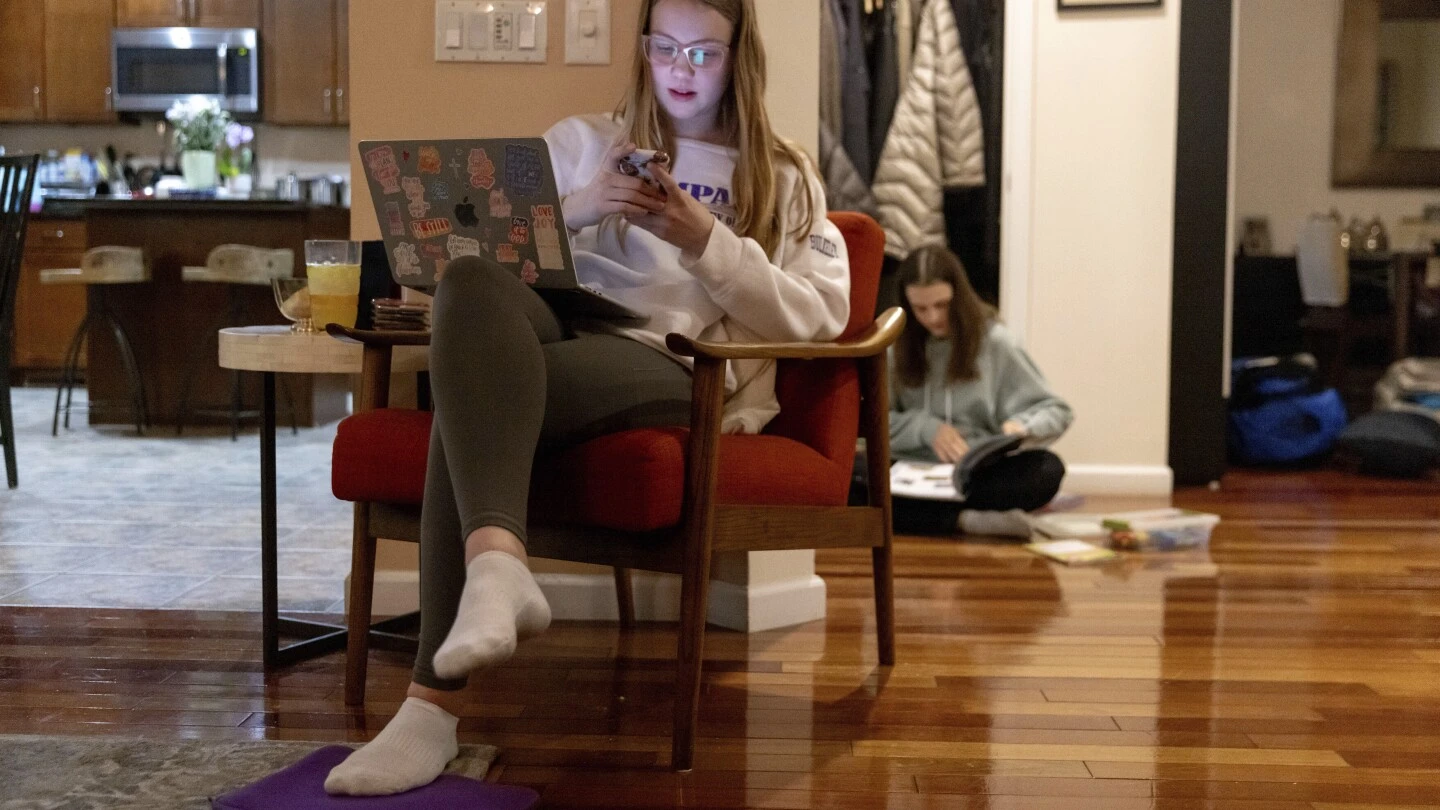Life as a teen without social media isn't easy. These families are navigating adolescence offline
Life as a teen without social media isn't easy. These families are navigating adolescence offline

Life as a teen without social media isn't easy. These families are navigating adolescence offline
